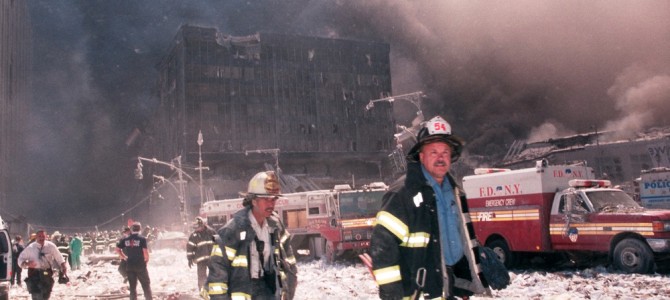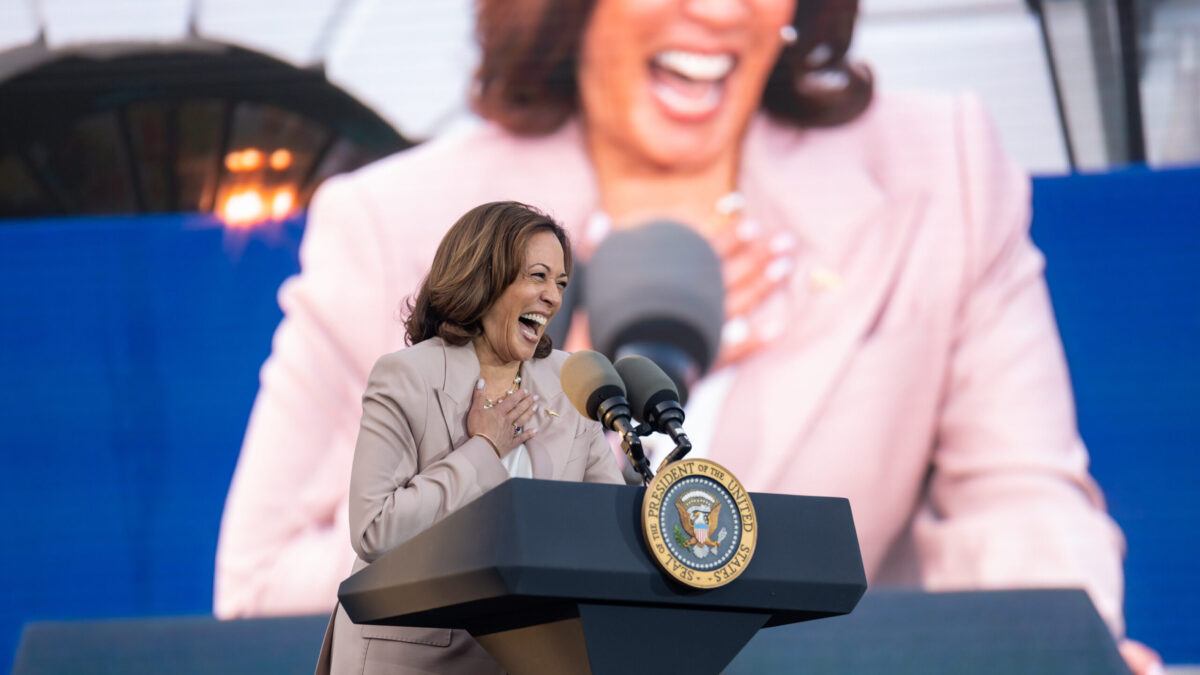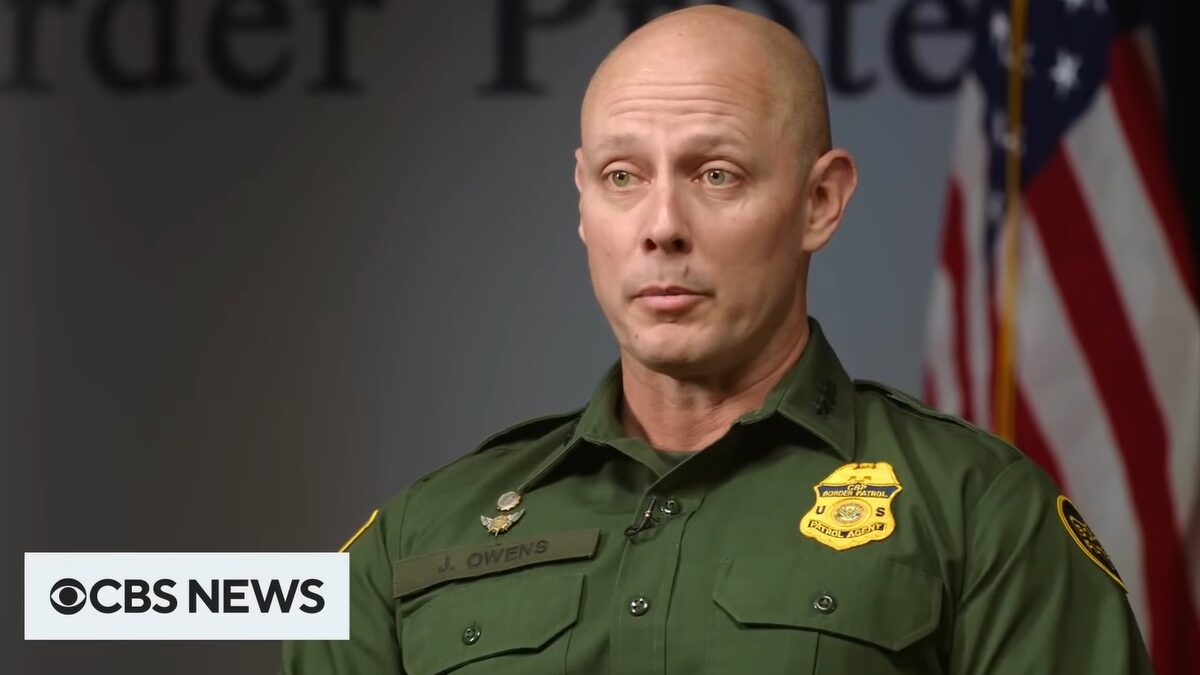
It’s 9/11 again. Again I’m looking out my window at downtown Los Angeles, from a vantage point not dissimilar to the one I watched with one eye on the first 9/11: reports of fires on the National Mall illustrated with a diagram on the new TV that wasn’t a flatscreen.
I was living in the Fight Club building. One floor up and a few windows over from Ed Norton’s flaming apartment. System of a Down had the number one album in the country. When they played Tower Records on Sunset Blvd., it caused a riot. “They’re trying to build a prison…”
After an hour in front of the TV I drove the Mustang—’64 and a half, powder blue, a graduation present bought for cheap off a curb in my hometown—down to the law school and watched the business-school kids in suits on cell phones that couldn’t connect, crying, just standing there.
Law school was just beginning. We hadn’t even gotten to anthrax yet.
I was also trying to edit my novel. Y2K had been spent with my artsiest friends in the remote California desert, almost Mexico (just in case, just in case). We lived. 2000 was about the novel, a 600-page promise I kept to myself as one by one the artsiest friends withdrew to whatever comfort zone or rational alternative awaited. Although this desertion felt like a terrible omen, L.A. seemed safe and distant from the disasters in the novel (Osama bin Laden was a bit character) that had suddenly threatened to turn real.
So Much for the Grand Plan
The original plan was DC and a career in national security. I’d been trained by the Duke professor later summoned to the White House to explain what the people thought victory meant in Iraq. But in 2000 I was all about staging my own retreat from the buttoned-down world of real catastrophes into a realm of fantasy where visceral trauma was just a touchstone for edifying metaphors and cathartic illusions.
It all resonated, I guess predictably, with my hero the celebrity novelist, renowned for his artfully cold presentations of visceral trauma, but after 9/11 the manuscript pages we mailed between L.A. and New York filled with red edits I could not process as I moved in with my first girlfriend, as my Mustang was stolen off Beverly Blvd. while I drank a bottle of wine over tapas, as law school revealed itself as something much different than the liberal arts capstone I’d allowed myself to believe it would be. My sister was accepted to college in New York, and there was no turning back now. My father was discharged too soon from a hospital and his intestine burst, leaving him hours, maybe, to live.
Dad lived. So did my sis. Everything else died. I choked on the novel. On the relationship. On law school. I was only saved by the music director of Rolling Stone, who knocked on my door one late afternoon to ask if that was me yowling and strumming in there, shellshocked and working on a new song—my usual therapy—that would eventually be titled (this is not a joke) “Blonde Beasts of Prey.”
The Personal and the Political Converge
In days: my first manager. In a week: my first band, The End (yes) of History. Then it was backstage with Interpol at the Napster relaunch party, where Shawn Fanning appeared with a University of North Carolina hat on and I slurred “Go to hell, Carolina.” It was having a music lawyer—struck and killed on his bike years later by a freewheeling cop on Mullholland—before I had a demo. It was recording a song called “Irredemption” at the studio in Malibu where Korn cut their first record, where John Barrymore had gone to dry out in a former millennium. It was flatironed hair and eyeliner, recording the video to “Irredemption” in Glen Ballard’s Hollywood studio the day Marlon Brando died.
Come closer, L.A. said. Recede from the world.
But the safety implied by escape was contorting into something darker. Then it was losing the manager and failing the bar exam, it was going broke, it was working the door at Guitar Center when Dimebag died, napping in the parking lot as musclebound guys from the bass department tearfully turned away the local news girls.
The aimless and depressing and uncertain grind of the mid-’00s: it was everywhere. The personal and the political converged just as the novel envisioned, but bleakly, in an empty mood. No fireworks. No glamor. A hangover so complete even nihilism demanded resources that were simply lacking. You accepted failure. You took stock. You limped away from your life.
The 9/11s Roll On
And my first 9/11 working near a crash site was spent inside the Beltway, where I “belonged,” watching a gentle billow animate the massive flag draped from the top of the Boeing building from a cubicle in Century City where I clicked on PDFs and emails for the federal government, reviewing documents. Standing in L’Enfant Plaza before the Green Line was cool, reading hard, sorrowful philosophers, wondering how it would all shake out, or if.
But somehow 9/11 had begun to transform DC. The opening moves were laughable and trivial by L.A. standards but the sense of cool and charisma—the sexy confidence—in the DC of the novel arose perversely, like a small erection. There was no luck; it wasn’t L.A. But there was fortune and things were becoming fashionable and privilege and desperation somehow combined into another turn of fate and the blog I started became meaningful and punditry became a high-status consolation prize for getting so much fatter, paler, scripted, predictable. It was recovery. It was the new safe zone. It was recovery. It was the rehab I never “needed.”
And the 9/11s rolled on. The tenth: in NYC, another “hit,” a word losing its connection to flames, beams, and steel, on “the teevee”—something I was “doing now,” as the rhythm developed of letting the words say themselves, yielding to narratives, parsing the outrageous, hyping the inane.
It was all so imaginable, and unsustainable. The past reasserts itself, more whale than current, and I “wound up” back in L.A. after three blizzards in two weeks in a house in Falls Church, an act of terror with a months-old baby in the house and no power, no heat, no plows for another two weeks. The real lesson of 9/11 was emerging: everything can change forever, every year, out of what, on closer inspection, is never really the clear blue. There was the child, the churn of media jobs, the spend and burn and collapse of startups. There was the “triumphant” return to L.A. under “much more peaceful circumstances” and the trappings of adulthood, and then the divorce and yet another reset.
Towers, rising and falling, nothing permanent but a few flashburned visions of what was for maybe months total and what could one day be again, if only I surrendered completely.
Belonging to New York City
What was the last innocent move? The last exercise of will, choice, imagination? What was the last day before everything became a reaction? Questions that sank in the ocean in an untouchable fiery ball. Questions that rose again in the morning. The day before 9/11, a Floridian roommate sparks a blunt in a solarium overlooking the pink and gleaming city—a city inviting you to fall in love.
How can this city be your first love, you wonder. Sometimes it hardly seems like a city at all. It is (like me) hardly a hard target.
But it pulls on you and works on you and changes you and the years become a scrim shedding detail at time elapses, and what persists takes over: the out-of-town friends who can only drift further away, the television spots that become unpaid vanities, the memory hole expanding, the city asserting itself. Develop the backstory, it says. Embrace “the writer.” Become the denizen. Accommodate all this means, all it might mean. Accept the predictable irony of now having “technically” more friends in New York—as New York continues its arcing descent into a caricature no one seems sure how to love, L.A. shimmering from the opposite shore.
You don’t need to tell them. You love the city, you belong to it, because it belongs to you now, too. It always surrenders more secret jewels, it always repays your surrender. Your luck returns, or your belief in it. The abandoned dissertation becomes a book project when another angel—a book agent from New York, of course—appears. At the birthday party for the producer’s toddler, kids disrupting the zoo presentation to chase the giant tortoise, you sip Perrier behind a beanie and vast black sunglasses as you’re pep-talked, guilted, seduced into revisiting the novel. The last destiny you invented refuses to die. Patterns gesture toward their consummation. Every year your face slightly changes.
Holidays become awkward sequences you sequester away from childhood dreams. Weekends lose meaning, months whip past. Seasons fade and so do “I.” But there is always 9/11, the tolling of the bell. There is always the morning annunciation, the dawn of the last true New Year’s Day.








